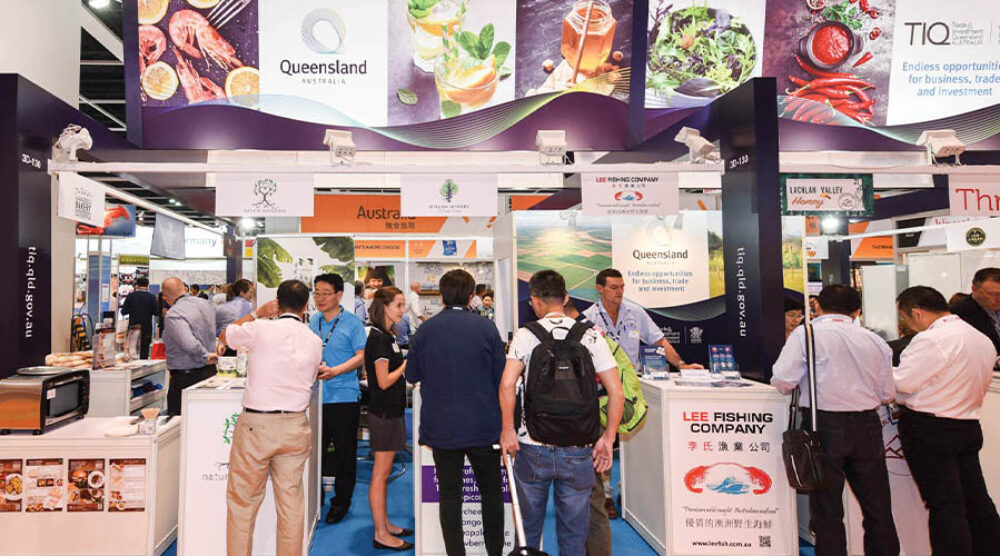Significant transformation in Australia’s neighbourhood—the rise of Asian economies, cities and middle classes, unprecedented digital disruption, and near insatiable demands for knowledge, innovation and infrastructure—offers enormous potential to business and industry for Northern Australia. Queensland in particular is well placed to take advantage of these trends, a fact highlighted through the state’s ambitious AUD$35 million Trade and Investment Strategy 2017-2022, and reflected in its growing international presence.
Recent steps taken to reimagine the state’s natural and emerging economic assets provide positive signals, but there is some way to go before Queensland’s aspiration to become ‘the nation’s most innovative and dynamic trading economy and magnet for global investment’ is likely to be fully realised. Resistance to a coherent strategy, persistent gaps in Asia engagement, and the potential inertia of a forthcoming state election may well work against Queensland’s wider goals in the near to medium term. Maintaining positive momentum becomes even more challenging set against the backdrop of great power rivalry, trade tensions and the spread of nationalist tendencies both in the region and globally, not to forget the ever-looming threats from a changing climate. Complacency is not an option. As Queensland Premier Palaszcuk suggests, ‘in a changing world, standing still is to fall behind’.
In delivering the 2019 Budget Speech, Queensland Treasurer, Jackie Trad, emphasised the point that ‘Queensland is the most decentralised state in the federation’. Queensland, she notes, ‘is a state that relies—more than any other—on the strength of its regional cities and towns’. On the face of it, Trad’s assessment is indeed accurate. Queensland regions have powered, literally and metaphorically, much of the state’s economic success to date, and will continue to do so. And just as the 2019 federal election outcome demonstrated, political leaders will neglect the significance of the state’s regions at their peril. But Trad’s assessment provides only part of the picture. Queensland today also relies more than ever on engaging with the outside world—the world that exists beyond its borders and shores—for its ongoing prosperity and even perhaps for its broader identity and sense of place. Connecting regional Queensland to opportunities in the Asia-Pacific region is the critical task ahead.
It is a reasonable aspiration. The natural assets of the “sunshine state” have lured global tourists and travelers in their thousands for decades. Major events, from World Expo 88 to the 2019 Gold Coast Commonwealth Games, continue to reinvigorate local precincts and draw the gaze and interest of global audiences. Meanwhile, recent investments in advanced manufacturing, infrastructure, health, education and service delivery initiatives build on the state’s traditional strengths while growing industry capabilities and maximising geographic positioning.
As the strategic dynamics of the Asia Pacific change shape, maintaining Queensland’s global outlook and connections, especially in the near neighbourhood, has never been more vital. It is especially so for regional areas that sit outside the Southeast corner. This report makes the case for deepening Queensland’s Asia-Pacific engagement. In doing so, it provides a snapshot of the state’s global presence, highlights key successes alongside the gaps that persist, and suggests practical measures that might go some way to bringing further coherence to Queensland’s Asia-Pacific presence.
Please click here to read the full “The state in the neighbourhood: A snapshot of Queensland’s engagement in the Asia Pacific” article published in the 2019 State of the Neighbourhood report, written by Griffith Asia Institute Director, Professor Caitlin Byrne.








